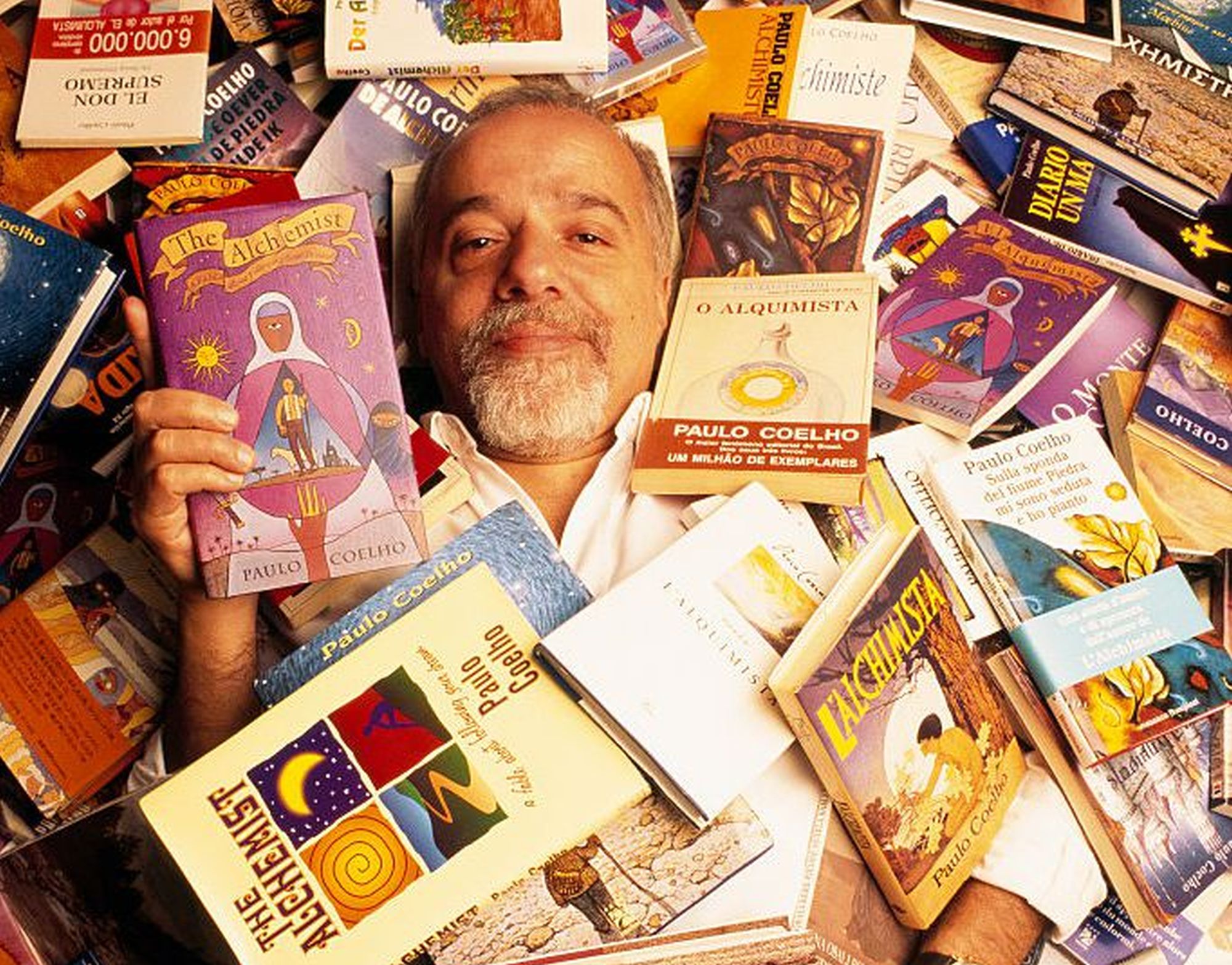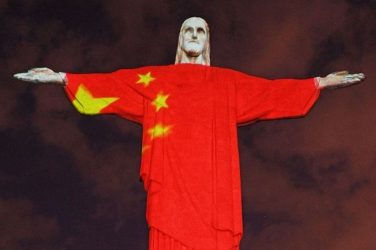The books of Paulo Coelho, the world’s most successful contemporary Brazilian author, are not marketed as the works of an author from Brazil. That might be one of Coelho’s greatest triumphs: He managed to break with the expectations associated with homeland-bound Brazilian authors.
Coelho’s territorial independence has made him the most famous Brazilian author abroad. His books have been translated into 88 languages and published in 170 countries. Over 320 million copies have been sold.
According to the author, who has won several dozen international prizes, it is not about money or fame. “It’s a path to self-knowledge,” he has repeatedly emphasized in interviews. Writing, he says, is a way to share existential questions of humanity with countless readers around the globe.
Journey to self
Coelho clearly distinguishes himself from other Brazilian authors. His books do not feature the tropical opulence characterizing Jorge Amado’s renowned works, nor the urban violence found in Paulo Lins’ bestseller, “City of God,” which was also adapted into a movie.
Coelho’s first books were based on his impressions of a pilgrimage to Santiago de Compostela along the Way of Saint James.
When they came out in the 1980s, nothing could have predicted their later success.
But when “The Alchemist” was published in Brazil in 1988, the book catapulted the author to financial success. The story of the young Andalusian Santiago who wants to learn about the world as a shepherd became the most-sold Brazilian book ever, landing simultaneously on best-seller lists in 18 countries.
To get to that place of success, Coelho went through several phases of soul searching.
Born on August 24, 1947, in Rio de Janeiro, he grew up in a Catholic family, but was opposed to religion as a young man. As a student, he experimented with drugs and occultism. His parents considered him mentally ill and had him committed to a psychiatric institution several times, where he received electro-shocks. He later processed this experience in his novel “Veronika Decides to Die.”
Coelho worked as a journalist, theater and screenwriter. He became known in his homeland when he wrote song lyrics for the rock myth Raul Seixas, with whom he shared an anti-capitalist stance. During the military dictatorship (1964-1985) in Brazil, Coelho was imprisoned and tortured for days.
A focus on writing
In 1977, Paulo Coelho left his homeland and moved with his wife to London for a year, where he tried unsuccessfully to gain a foothold as an author.
After returning to Brazil, he had a short stint as the director of the record company CBS in Brazil, but then decided to focus on writing. Meanwhile, he had returned to the Catholic faith.
Coelho’s religious explorations, ranging from mysticism to monotheism, were well received in the Western world. Coelho became something of a literary guru for spirituality. His recipe was simple and effective: He didn’t waste time with linguistic pirouettes or psychological analyses, but rather offered the reader well-written narratives combined with self-help advice.
‘Coelho was born twice: Once when he came into the world and once when he became a writer,’ said his biographer Fernando Morais
Literary critics have often condemned his style as too simplistic, but readers worldwide love him for his clear words.
Celebrities such as pop star Madonna and Nobel Prize winner for literature Kenzaburo Oe are also among his followers.
Modern parable
Literary critic Idelber Avelar, professor for Latin American literature at the Tulane University in New Orleans, summarized the phenomenon: “Coelho has brought the genre of the parable into modern commercial literature,” he wrote.
Traditionally, the parable has always fascinated readers, because it is simple and easy to understand while remaining enigmatic. This was the case with Jesus in the Bible or the minstrels of the Middle Ages.
Coelho’s work also operates on this rich variety of levels: His books cannot be completely classified as self-help manuals, yet they go beyond literature, too. Coelho’s works manage to find their place both on best-seller lists and the coffee tables of the Brazilian Academy for Literature.
Global guru
After the fall of the Berlin Wall, interest in literature from Latin America dropped throughout Europe, but Paulo Coelho remained one of the few commercially successful authors from Brazil, outranking the country’s then top-selling author, Jorge Amado.
“Paulo Coelho is not characterized as a Brazilian author; his work does not influence the image of Brazil abroad,” explained translator and literature professor Berthold Zilly. “Coelho is a globalized author. If you look at the themes in his books, they could just as well have been written by a European, a North American or an Arab.”
What explains Coelho’s success in a country as skeptical about religion as Germany? Oliver Precht, who has translated complex works by Brazilian authors such as Oswald de Andrade into German, links Coelho’s success with universal aspirations, such as the search for the meaning of life, general truths and personal destinies.
The books of Paulo Coelho are also set beyond an established historical context. The stories take place from the Way of Saint James to the desert of the Sahara. They stand for an ideological movement separating success from social conditions and connecting it with personal commitment and individual beliefs instead.
Incognito in Copacabana
For years, the author has lived in Geneva, Switzerland, with his wife, the Brazilian painter Christina Oiticica. Officially, he hasn’t visited his hometown of Rio de Janeiro in a long time, because he is put off by right-wing populist President Jair Bolsonaro.
“Today, Brazil is one of the most marginalized countries in the world,” he told the Brazilian newspaper “Folha de S. Paulo” in 2021, but to quell homesickness, he sometimes comes to Copacabana incognito, walks on the beach, drinks coconut water, visits his favorite restaurants and meets with a small, discreet circle of friends. Even if people recognize him, they would not believe that he is truly the famous author.
DW











